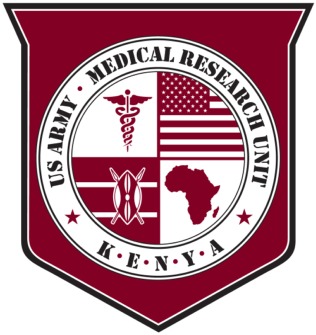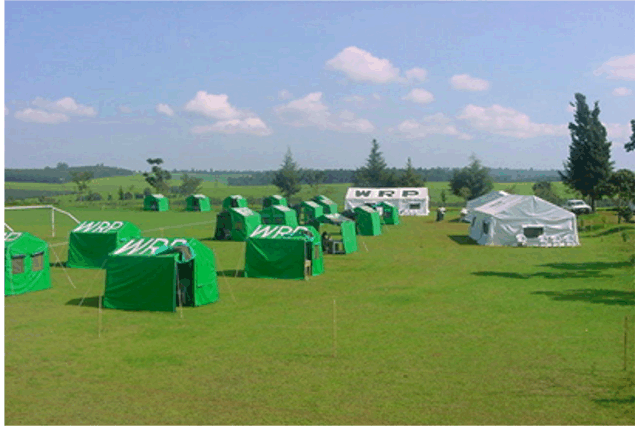


HIV RESEARCH HIV Overview | Cohort Study | ISHED | Vaccine Study | Therapeutic Study
HIV AND MALARIA COHORT STUDY AMONG PLANTATION WORKERS AND ADULT DEPENDENTS IN KERICHO, KENYA
The HIV and malaria cohort study opened to recruitment in June 2003 and served as the foundation study for the programís upcoming HIV vaccine clinical studies. The HIV and malaria cohort study was a three and a half-year prospective, bi-annual follow-up study of approximately 2800 adults working on the James Finlay Plantation. The study was concluded in December 2006.
The study aimed to evaluate HIV prevalence/incidence as well as risk factors and both feasibility and acceptability of subsequent HIV vaccine studies. The primary objectives were: to estimate the incidence of HIV-1 in workers and adult dependants on the tea plantations; to characterize the risk factors associated with HIV infection. The cohort study offered medical care and treatment to research subjects and their family members in excess of 22,000 clinic visits.
The study maintained an approximate follow-up rate of 83% at the end of the study. Another cohort study is being designed to look at HIV-1 prevalence, incidence, retention, host genetics and viral diversity in high risk population Kericho area.
The study area was divided into 6 sites with participant numbers ranging from 290 to 676. Recruitment and follow-up procedures were all performed in mobile tents pitched within the plantation. The study team spent one month at each site before moving to the next. Follow-up visits were made every six months. Preliminary data available include: HIV prevalence, normal laboratory values for hematology and flow cytometry and one-year HIV incidence.

The RV142 mobile tent site rotates monthly among 6 sites for
bi-annual follow-up.
The HIV/AIDS counseling and awareness was raised among the people in the plantation and this resulted in a declining incidence of HIV infection. We have been able to treat and /or refer the volunteers and their immediate dependants, establish support groups for the HIV positive volunteers and linked them up with the treatment and care program. We have also established baseline lab values which were a prerequisite for the vaccine study. Our community mobilization strategies have been an asset to the vaccine study team.
The cohort study ended in December 2006 after the final round 7 visit. Currently a protocol is being developed to follow up high incidence populations.
Entomology & Vector Borne Diseases
Malaria Clinical Studies
Basic Sciences
Malaria Drug Studies
Malaria Vaccine Trials
HIV / AIDS
Research
Care and Treatment
Administration
Information Technology
Library
Center of Excellence (CoE)
Office of Regulatory Affairs
Employment
Links
Capacity Building
Visitor information
Medical Care /TRICARE
Areas of special interest
Contact Information
News & Events
USAMRU-K Mail